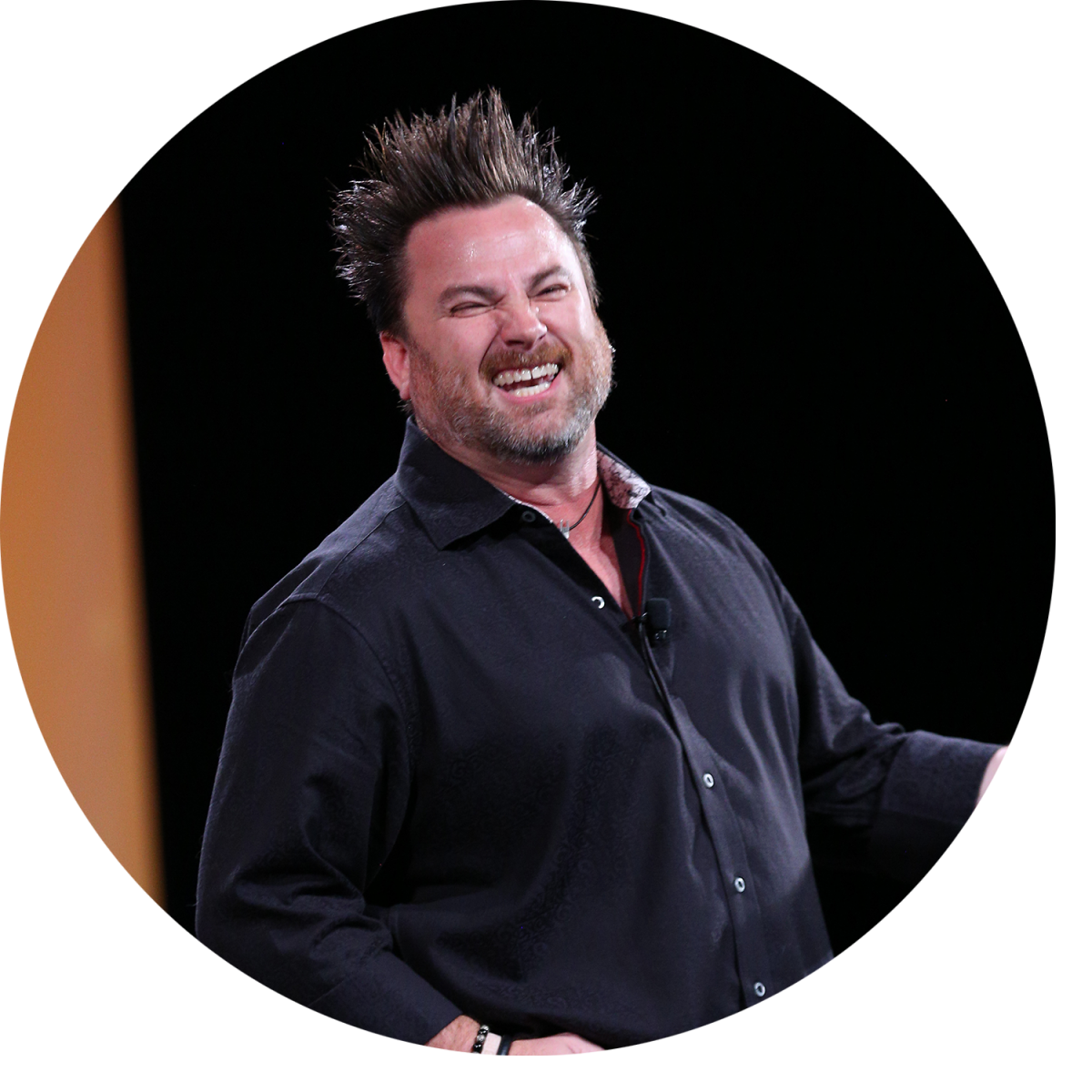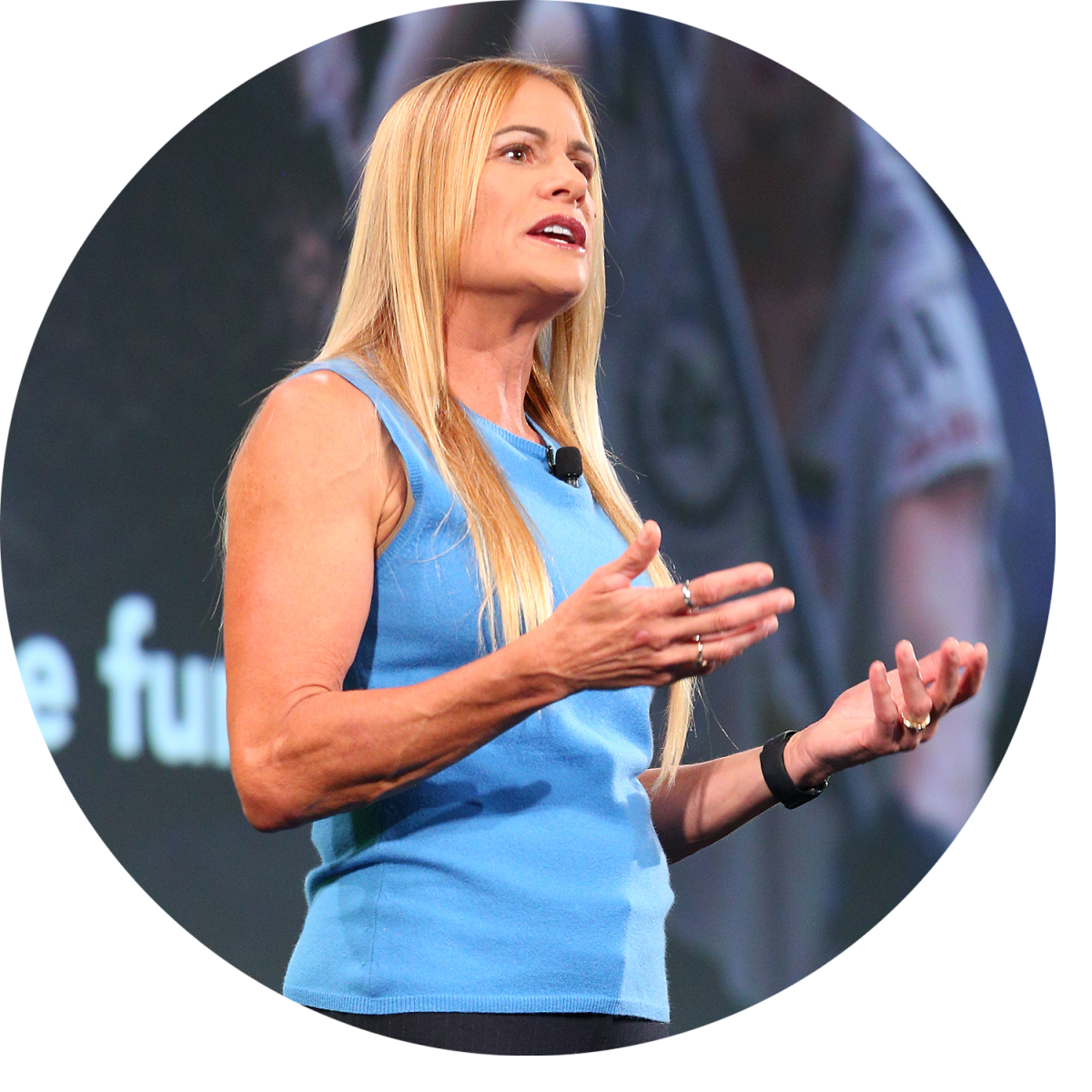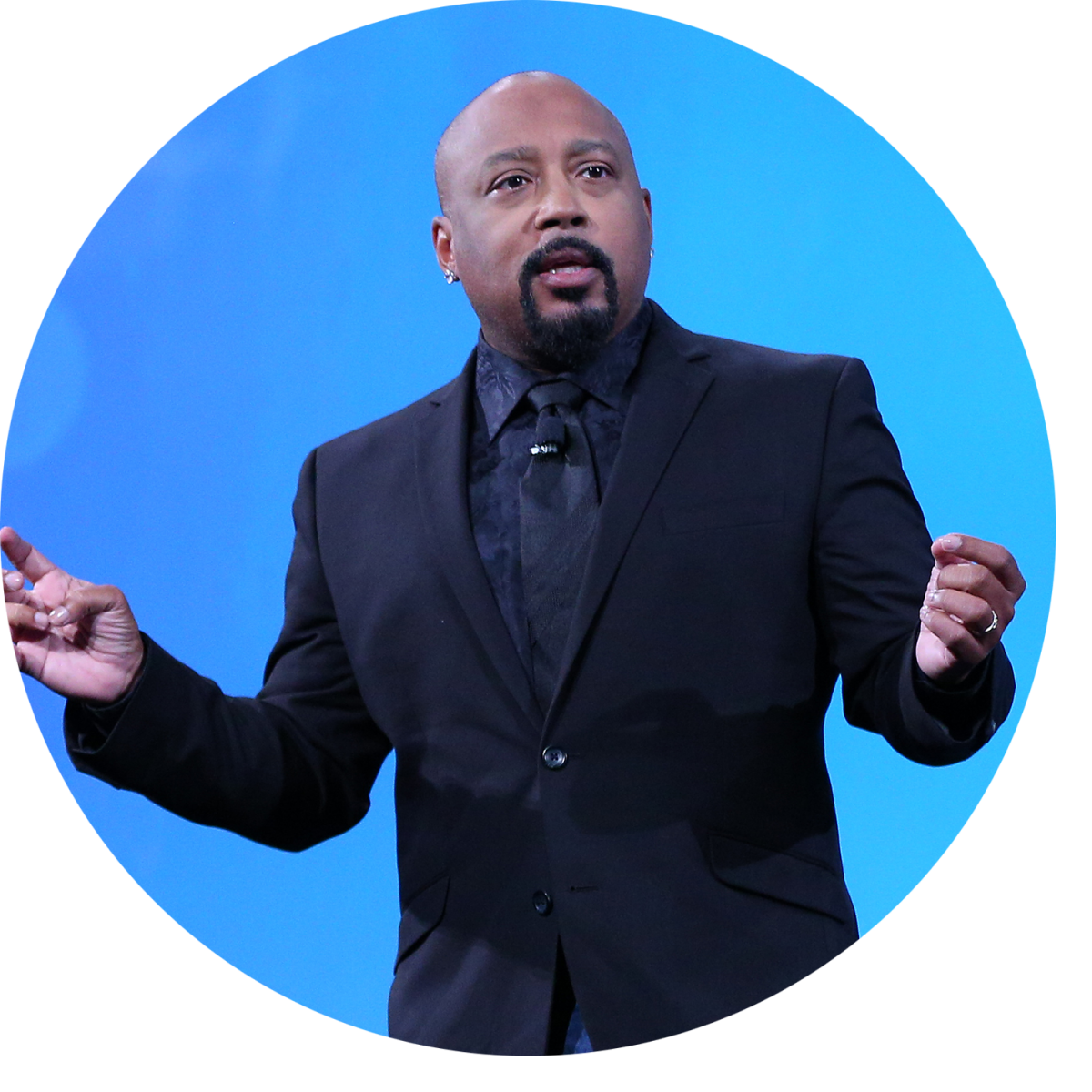 Rock-n-Roll Attitude
Rock-n-Roll Attitude
Creating unforgettable moments is key to achieving rock star status in the retail industry. Convenience store operators who are serious about amping up their businesses should stock their stores with people who can create these moments, says Jim Knight, who oversaw global training for Hard Rock International for two decades.
Knight kicked off the NACS Show 2019 with a high-energy, rock-n-roll-themed keynote that described how every customer is seeking—and craving—differentiated service. “People are coming in to spend disposable income. They don’t need you. They are choosing you,” Knight said.
But creating this type of service isn’t something you can fake. It has to start below the surface with a shared mindset where everyone is focused on the same thing. It’s about choosing the right people and then training them in the way they should go. It’s about surrounding yourself with what Knight described as an army of giants.
People are coming in to spend disposable income. They don’t need you. They are choosing you.
“Behaviors cannot be canned or fake. All the training in the world can’t fix a bad hire,” he said. “But there are rock stars that live among us. I want [to hire] people obsessed about the brand. I want people in the memory-making business.”
Knight called brand associates the amplifier of a business. Without them, everything falls flat. Strive to hire staff who have the three Cs: solid competence, strong character and culture fit. Unique people create unique experiences, he said. But you have to have people smart enough and competent enough to create that feeling.
Once you find the right people and get them all singing off the same sheet of music, they are in the position to create mind-searing experiences. He asked the audience to recall the amount of effort they put into getting ready for their first date or the optimistic attitude they had that first day of work. Associates should bring that “first-time-thunder” level of effort and detail to work with them every day.
Creating these differentiated service experiences happens through personalized and customized attention, developing an emotional attachment with customers. “Authentic customer-obsession creates lifelong raving fans,” Knight said. “It generates a feeling of ‘I want more of that’ with your customers.”
If you really want to blow people away, products and atmosphere are not enough, Knight added. To take it to the next level, you have to crank it to 11 by adding—and emphasizing—service and value.
“It’s not enough to be fast and cheap. Service trumps everything—product, price, convenience, theme, tech—it always has, and it always will,” Knight said.
 Teamwork Makes the Dream Work
Teamwork Makes the Dream Work
The real secret to success is to play less like an individual and more like a team. Robyn Benincasa knows a thing or two about being part of a team. The professional adventure racer, firefighter, CNN Hero, author and motivational speaker described how to build world-class teams as the keynote speaker during Wednesday's General Session.
“A fast-moving company is like an adventure race every day of your life,” Benincasa said. “If you want to go fast, you can go alone. But if you want to go far, go together.”
Real team builders and leaders have some common ground. They leave their egos at the starting line. They ask for and accept help. They value team success over individual glory. They give away the credit.
Another distinction? The ability to keep the team inspired when things aren’t going well.
If you want to go fast, you can go alone. But if you want to go far, go together.
Benincasa recalled a specific time when she was participating in the Eco Challenge. It was 120 degrees Fahrenheit in Borneo. She was covered in leeches, and her feet were bleeding.
“When I get to the end of my rope, I start crying—or buying shoes—and buying shoes was not an option.” She was so close to the end of the race but physically and mentally felt she couldn’t go on. She couldn’t see because she was crying. That’s when a teammate stepped up and said something that has stuck with her to this day.
“It’s not that people who are going to win the Eco Race aren’t crying. It’s that they are crying and walking,” he told her. This was the motivation she needed to complete the race. Pain is mandatory. Suffering is optional.
Great leaders accept challenges. For Benincasa, her challenge was multiple hip surgeries that ultimately took her out of the world-class adventure racer game. She could have wallowed in her fate. Instead, she shifted her focus on what she could still do.
Kayaking was always her favorite part of adventure racing, so she decided to see if she could excel as an individual. She not only excelled, she set a Guinness record on June 26, 2011, for greatest distance paddled by canoe/kayak in 24 hours on moving water (Canada’s Yukon River) by a female.
Then, she set her sights on something even bigger. She created the Project Athena Foundation, which helps survivors of medical or other traumatic setbacks achieve their adventurous dreams. “It’s not about the setback, it’s about the comeback,” Benincasa said. “I wanted them to live an adventurous dream as a part of their recovery … Very often, people are saying, ‘OK, I survived, but now what?’ We want to be that ‘now what?’”
 Just Keep Swimming
Just Keep Swimming
Daymond John closed out the 2019 NACS Show by teaching the audience how to be sharks. No, not the kind with fins and sharp teeth—the kind with a strong entrepreneurial spirit who doesn’t give up.
You may know John as one of the “sharks” on the popular reality TV show “Shark Tank,” but many don’t know that one of his first jobs was in a convenience store, where he was introduced to the world of entrepreneurialism.
Once you become the person who educates [the customer], they will keep coming back.
John explained that because he grew up in a single-parent family and in a low-income community, the heroes he looked up to weren’t exactly traditional. “It wasn’t that a hero didn’t exist. My heroes were the entrepreneurs in the community—the ones who owned the bodega on the corner,” said John. “Those heroes were getting up at 5 a.m. in the morning providing for their families.” John laid out five “S.H.A.R.K.” points that allowed him to be the success he is today. “Every time I succeeded, all points were in play,” John said.The first one, “S,” is “set goals.”
John is the founder of the highly successful FUBU brand, which began with the simple purchase of a hat. It wasn’t just a hat, it was an uber trendy (and expensive) hat by a hip-hop clothing line, which he just had to have, he said. John was so proud of his purchase, he showed his mother, who was not as impressed as her son. She told him to go out and purchase $40 worth of fabric and taught John to sew multiple hats just like the one he purchased—for much less.
John took those hats and sold them outside a local mall, turning a $40 investment into $800.
John said that is when he determined that he would never work for anyone else for the rest of his life.
The “H” in S.H.A.R.K. stands for homework. John noted that one of the issues he sees when he shops at a convenience store is that many employees are not educated on the products they sell, and that can hurt a business’ bottom line. “Once you become the person who educates [the customer], they will keep coming back,” he advised.
“A” is for amour or love. Once the FUBU brand exploded in popularity, John achieved one of his goals—being rich and famous. However, it came with a cost. John had a wife and two young daughters whom he rarely saw. John and his wife eventually divorced, which made him realize he needed to pay it forward and spread love by helping other people eager to become entrepreneurs.
Next is “R,” which stands for “remember you are the brand.” John encouraged the audience to take control of their businesses by branding them. “Can you put your business into two to five words,” John asked the crowd. “Can your employees?” He says doing this and having everyone’s buy-in on the brand can help differentiate you from the competition.
Finally, “K” stands for “keep swimming.” John went into surgery to remove a nodule from his thyroid, which turned out to be a golf-ball-size tumor that was stage 2 cancer. Early detection saved him, he said, and what he learned from fighting and ultimately beating cancer was that life is too short. He said the key to success, whether in business or in life, is to keep swimming—just like a shark.